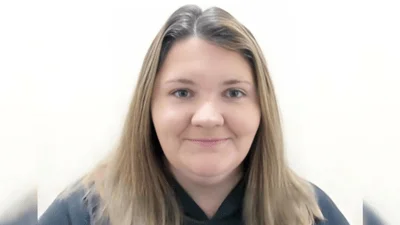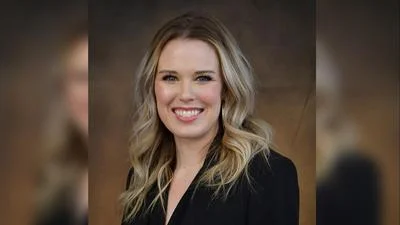State Representative Michael Coffey (IL) | Representative Michael J. Coffey, Jr. (R) 95th District
State Representative Michael Coffey (IL) | Representative Michael J. Coffey, Jr. (R) 95th District
In the closing moments of the Illinois House of Representatives' 2024 Veto Session, a motion to end the session "sine die" was called by House Republican Floor Leader Patrick Windhorst. The term "sine die" means to adjourn without setting a date to reconvene. However, this motion was defeated by House Democrats, allowing for the continuation of the 103rd General Assembly in a "lame duck session" scheduled for early January.
A lame duck session occurs when members of an outgoing General Assembly meet after new members have been elected but before they are sworn in. This period allows for addressing unresolved legislative matters or urgent issues. Despite its potential utility, the term "lame duck" reflects some drawbacks, as legislators who will not continue in office can legislate without accountability.
Lame duck sessions permit outgoing legislators to pass bills with a simple majority rather than the supermajority required during Veto Sessions. This lower threshold facilitates passing significant legislation without broad consensus, often utilized by the majority party.
Republicans have criticized these sessions and proposed reforms to curb their misuse. Former Illinois House Minority Leader Jim Durkin suggested a constitutional amendment to move inauguration dates and limit sessions post-election day. However, this proposal did not advance due to opposition from supermajority Democrats.
With the upcoming lame duck session set from January 4th to 7th, it is anticipated that numerous bills will be introduced or passed swiftly. These may include tax increases or reallocations to address budget deficits and other fiscal challenges facing Illinois and Chicago.
The agenda might also tackle pension reform, given Illinois' significant unfunded pension debt exceeding $140 billion. While both parties agree on the need for reform, methods vary significantly. Democrats may propose temporary fixes that could prolong existing issues.
Additionally, Democratic leaders aim to introduce legislation countering expected policies from the newly elected President. These measures might focus on progressive social issues such as environmental regulations and protections for undocumented migrants and abortion rights.






 Alerts Sign-up
Alerts Sign-up